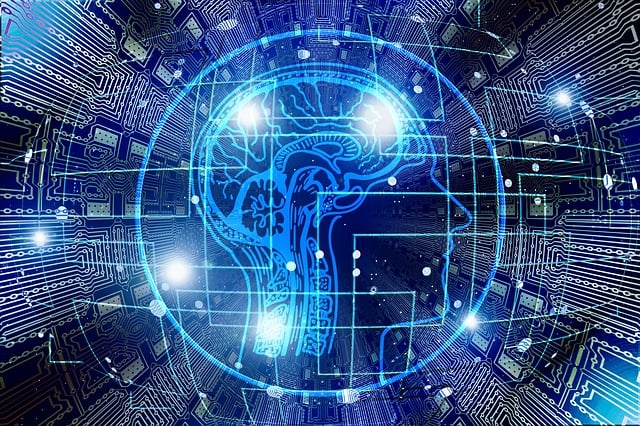As an artist, receiving credit for the work you create is essentially ensuring that you can be compensated and recognized for your artistic ideas. However, as technology expands, the way we make art has changed as a result. While this has led to things like photography and digital animation, the newest technology used to create art, artificial intelligence, is making waves. If you’re having issues with artificial intelligence and your own content, you may not know how to proceed. Luckily, our copyright infringement lawyers are here to help with any problems you may experience as a result. Keep reading to learn more about this technology taking the world by storm.
What Is Artificial Intelligence?
Artificial intelligence (AI) is a theory of computer systems to complete tasks and duties that are typically only achievable by human intelligence. In some instances, artificial intelligence uses machine learning, which is when computer programs consume a large amount of data to further its own understanding without the need for human assistance.
For example, using software to translate a text from English to Spanish or your phone unlocking with a simple face scan are common examples of AI. There are many types of artificial intelligence that have become integral to our society.
However, AI has quickly transformed, and now there are many concerns surrounding the creation of AI artwork, as you can now create artwork with the push of a button. As such, there are many concerns surrounding copyright.
Can AI Art Be Copyrighted?
Because AI art is created through the use of algorithms and computers, it cannot be copyrighted. This is because there is no singular artist of a piece, as the algorithm will take elements from dozens and hundreds of works to create the generated artwork. In the United States, only works created by humans are protected by copyright, so long as they meet the necessary requirements.
However, there are additional issues with copyright and artwork. In some instances, if an AI generator uses copyrighted work, there is a risk that the AI generator can be held liable for using copyrighted photos to create images. This is tricky, as there are no copyright laws surrounding the generated image, but the artwork used to render those images is subject to copyright.
If you create artwork, it’s essential to ensure you take the steps to license your work. This can help deter others from stealing your creations to generate artwork. However, this isn’t always enough to prevent criminals. Licensing your work can make it easier to pursue compensation when an infringement occurs.
Artificial intelligence poses unique challenges for artists. As such, it’s vital to ensure you have the assistance of an experienced copyright attorney on your side. At CopyCat Legal, our dedicated legal team can help you navigate the complexities of this complicated issue. Contact us today to learn more about how we can assist you.

